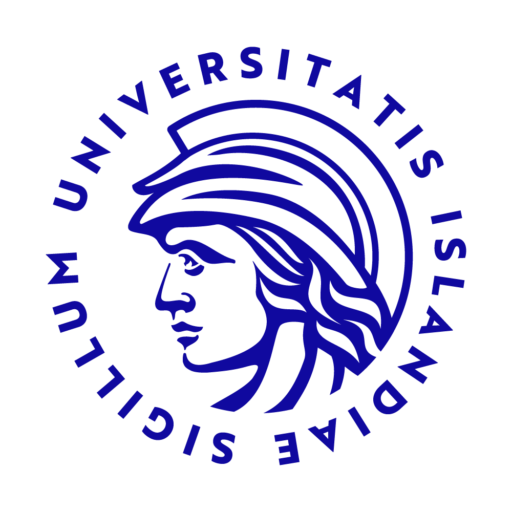Main author: Fannar Óli Ólafsson
Institution or Company: Háskóli Íslands
Co-Author, Institution or Company:
Margrét Helga Ögmundsdóttir, Háskóli Íslands. Sigríður Stefanía Hlynsdóttir, Háskóli Íslands.
Introduction: Autophagy is an important self-degradating process for maintaining cell homeostasis by degrading and recycling unnecessary or defective cellular organelles and proteins. Autophagy-related protein 7 (ATG7) is an E1-like activating enzyme which is essential for autophagy, where it facilitates the formation of autophagosomal membranes by lipidating the autophagy protein LC3. A shorter isoform of ATG7, which lacks one exon and is not able to bind to LC3, is mainly expressed in blood. The aim of the project is to measure amounts and ratio of ATG7 protein isoforms in blood and to analyze the function of ATG7 in blood.
Methods: Isoform specific ATG7 siRNAs have been designed and their efficacy will be validated with Western blots and a quantitative Polymerase Chain Reaction (qPCR). THP-1 cell line has been cultured and will be used as a model for primary monocytes. Primary monocytes and neutrophils have been isolated from whole blood samples and analyzed with Flow Cytometry and Western blots.
Results: ATG7 mRNA expression is highest in monocytes and neutrophils. ATG7 protein expression has been confirmed in primary monocytes with Western Blot and Flow Cytometry analysis.
Conclusions: Whether the shorter isoform is expressed at protein level remains to be elucidated. Possible non-autophagy roles of ATG7 will be analyzed with functional assays. This will be important for increasing our understanding of the vital role of autophagy.

